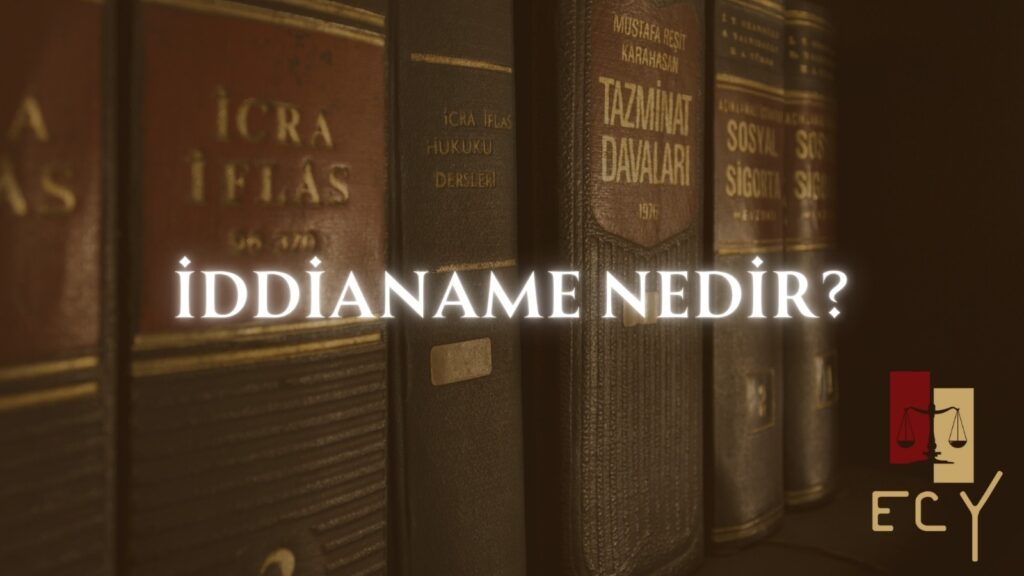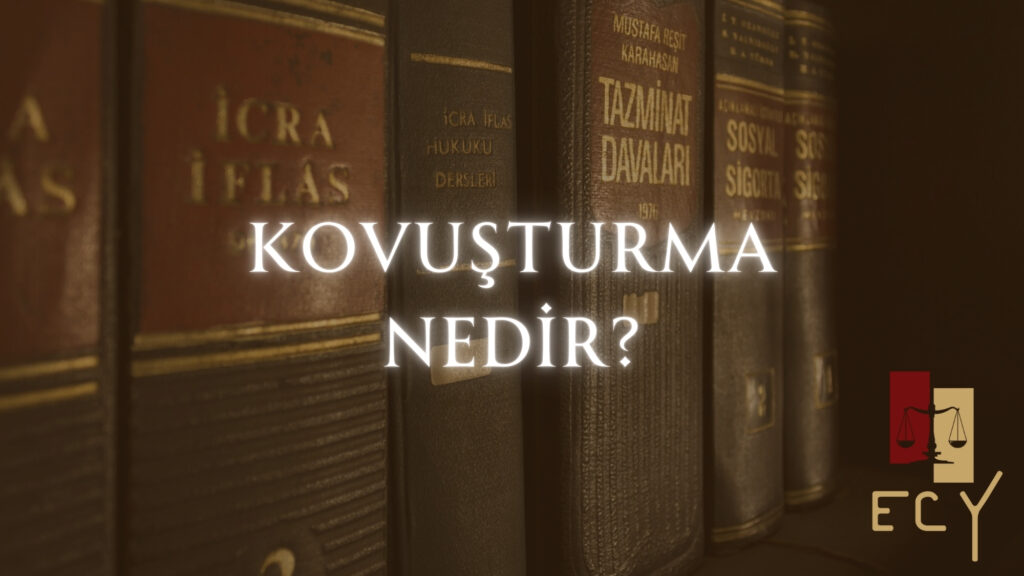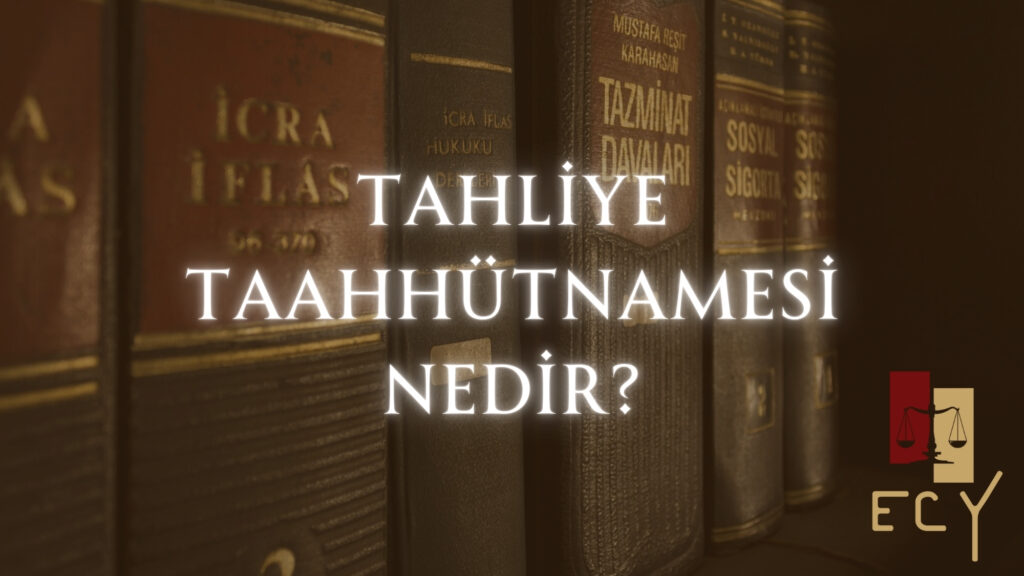An indictment is a document prepared by the public prosecutor to collect the evidence in the ongoing investigation into the commission of an act that constitutes a crime under the Turkish Penal Code or other specially regulated laws and to punish the suspect. As a result of the statements of the parties obtained within the scope of the investigation phase, the statements of the witnesses, the answers written to various warrants and other evidence, the public prosecutor, who has reached a sufficient level of suspicion that the act subject to the investigation complies with the legal definition of crime and that this crime has been committed by the suspect concerned, prepares an indictment so that the suspect can be punished as a result of the trial to be held in the prosecution phase. One of the important issues in criminal procedure is that not only the evidence against the suspect, but also the evidence in favor of the suspect should be collected and specified in the indictment. The issuance of the indictment means that the crime mentioned in the indictment is charged to the suspect. For this reason, when the indictment is accepted by the court, the suspect is now called “the accused”.
If the public prosecutor does not find sufficient suspicion, a decision of no prosecution (KYOK) is issued and the investigation is terminated. In order for the competent and authorized court, i.e. the criminal court, to handle a case and conduct a trial, an indictment must be prepared by the public prosecutor and sent to the court. The issues that must be written in the indictment are listed in Article 170/3 of the Code of Criminal Procedure as follows:
a) Identity of the suspect,
b) Counsel,
c) The identity of the deceased, the victim or the person harmed by the crime,
d) The attorney or legal representative of the victim or the person harmed by the crime,
e) The identity of the person making the denunciation, if it is not prejudicial to disclose it,
f) Identity of the person making the complaint,
g) Date the complaint was filed,
h) The charged offense and the articles of the law to be applied,
i) The place, date and time period of the charged offense,
j) Evidence of crime,
k) Whether the suspect is under arrest; if arrested, the dates of detention and arrest and their duration.
If the indictment is incomplete or erroneous, the court will decide to return the indictment upon its determination. The conditions for the decision to return the indictment are set out in Article 174, paragraph 1 of the Code of Criminal Procedure:
a) Organized in violation of Article 170,
b) Issued without collecting any existing evidence that would directly affect the conviction of the offense,
c) In cases that are clearly understood from the investigation file to be subject to prepayment or reconciliation or expedited procedure, issued without applying the prepayment or reconciliation or expedited procedure,
d) In crimes for which investigation or prosecution is subject to permission or request, the indictment issued without permission or request shall be returned to the Chief Public Prosecutor’s Office.



